South Sudan
The United Nations has warned that nearly eight million people in South Sudan, or two-thirds of the population, are at risk of food insecurity and famine.
"Hunger and malnutrition are on the rise in flood-, drought- and conflict-affected areas of South Sudan, and some communities are at risk of famine unless humanitarian assistance is sustained and climate adaptation measures are strengthened," the new report released on Thursday said.
The joint report by the U.N. Food and Agriculture Organization (FAO), the U.N. Children's Fund (Unicef), and the World Food Programme (WFP) says the proportion of people facing high levels of food insecurity and malnutrition "has never been higher," exceeding levels seen even during the conflict in 2013 and 2016.
According to the report, 7.76 million people are at risk of acute food insecurity during the lean season from April to July 2023, while 1.4 million children will suffer from malnutrition.
The report blames a combination of conflict, poor macroeconomic conditions, extreme weather events, and spiraling food and fuel costs, as well as a decline in funding for humanitarian programs.
"We have been in famine prevention mode all year and have avoided the worst outcomes, but that is not enough," says Makena Walker, WFP's acting country director in South Sudan, in a statement.
"South Sudan is on the front lines of the climate crisis, and day after day, families are losing their homes, livestock, fields, and hope due to extreme weather conditions," Walker adds.
"Without humanitarian food aid, millions more will find themselves in an increasingly dire situation and unable to provide the most basic food for their families."
Famine was declared in South Sudan in 2017 in Leer and Mayendit counties in Unity State, areas that have often been a hot spot for violence.
Last month, the U.N. Office for the Coordination of Humanitarian Affairs (Ocha) estimated that about 909,000 people had been affected by flooding in South Sudan, as torrential rains ravage crops and destroy homes.
The world's youngest country, South Sudan has struggled with deadly conflict, natural disasters, economic malaise, and ongoing political strife since gaining independence from Sudan in 2011.
It has spent more than half its life at war, with nearly 400,000 people dying during a five-year civil war that ended in 2018.



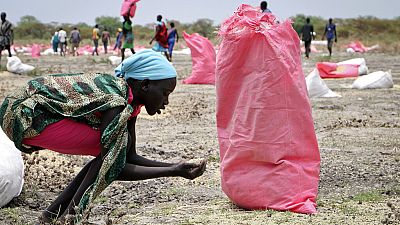

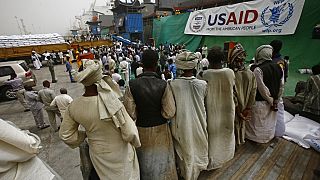
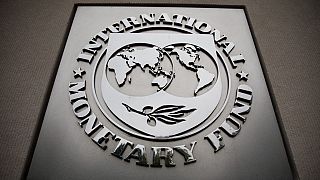
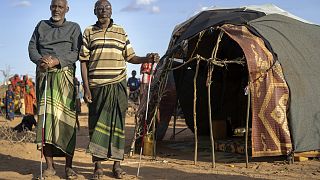
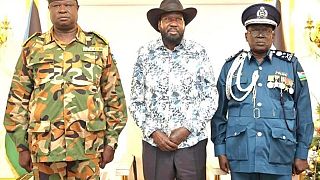
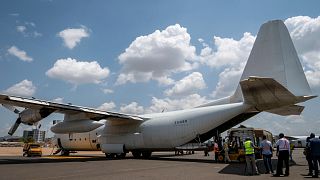
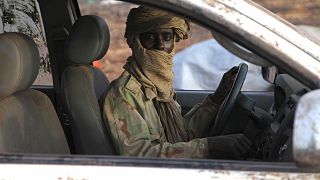



Go to video
Nelson Mandela International Day 2025: The power to end poverty is in our hands
Go to video
WAFCON 2024/25: Road to the semi-finals begins
Go to video
U.S deportees put in solitary confinement in Eswatini: government spokesperson
00:11
US, European allies agree August deadline for Iran nuclear deal
Go to video
Togo holds first local elections since controversial power shift
Go to video
UN Special Rapporteur calls for concrete action on 'genocidal' Gaza occupation